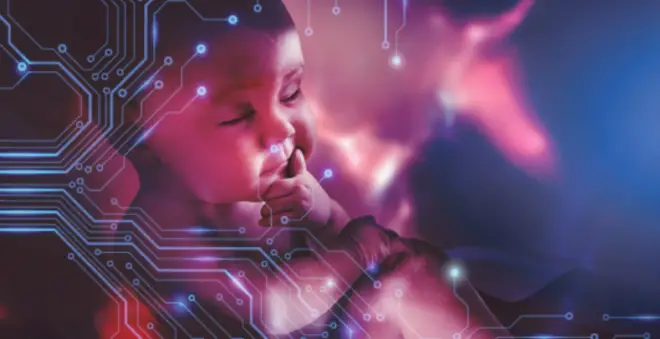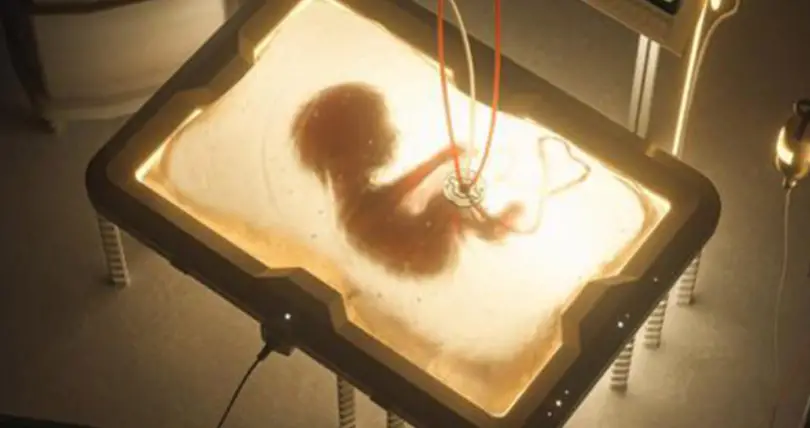Infertility and not being able to have a baby naturally is a growing problem today. There are many reasons for infertility in both men and women. In men, the problem is the production of small numbers or immobile sperm or the absence of any sperm production. In women, the problem may be in the anovulatory cycles or irregular menstruation, endometriosis, blocked tubes, uterine fibroids, etc. Antisperm antibodies may also develop in a woman’s cervical mucus. These are generally the most common causes of infertility.
When one of these problems arises, people usually give up parenting. In recent years, we are also facing a decline in the human population. That is why scientists are constantly striving for other ways to enable people to become parents. To that end, a group of Chinese scientists have developed a so-called artificial intelligence nanny. It is an artificial womb that can grow from a fetus into a fully formed baby. This robotic nanny monitors and cares for human embryos. Scientists are experimenting with these artificial wombs and robotic nannies in order to overcome the problem of infertility and shrinking the human population. This nanny robot aims to monitor, document progress, manually adjust carbon dioxide, diet and other environmental inputs. This robot also has the ability to rank the potential of each embryo. This experiment will also help in further understanding the origin of human life and embryonic development. Theoretical basis for solving congenital defects as well as many other major problems in reproductive health will be provided. Scientists explain that these artificial wombs are actually much safer than the mother’s womb, in that almost all risk factors are removed, the fetus gets a perfect daily diet, there is no care for toxins and other pollutants derived from alcohol or cigarettes.
This experiment is a really advanced but also controversial technology. There are people who do not support this way of raising a baby, because it all comes down to artificial accessories, and they say that the love that can be given to the baby in the womb by the mother, can not replace any machine even with the highest IQ. Regardless of the perfect diet and environment, lost love is something that many claim is priceless. The connection of the baby with the mother begins in the womb, and in this way that connection is lost. There are also a number of legal issues with this type of technology. At this point in the development of the experiment, scientists are using mouse embryos, as international law prohibits them from using human embryos. This means that this technology is not sure if it will work in the same way in humans and what will be the percentage of its success.

Credits to: thepremierdaily.com
Do you think that this way of developing an embryo should be brought to the natural world by developing human embryos in such artificial wombs? Do you think this is normal and would it increase the birth rate of the human population? Would you like to have a baby raised in an artificial womb by a robot nanny like this?


